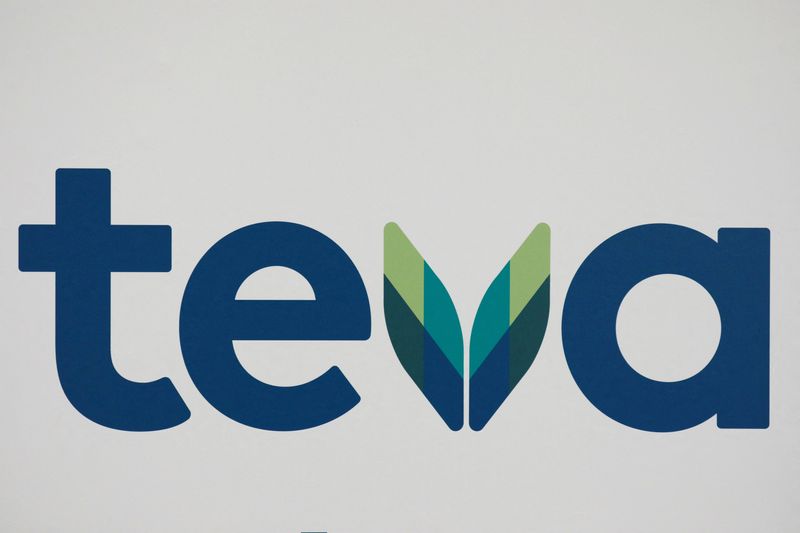By Steven Scheer
JERUSALEM (Reuters) -Teva Pharmaceutical Industries Ltd will pay up to $523 million to New York State as part of a nationwide settlement of lawsuits alleging the company helped fuel the U.S. opioid epidemic.
The settlement with New York adds an additional $300 million to Teva's total opioid payouts. Teva is working to finalize a nationwide settlement valued at more than $4.2 billion, and New York was already slated to receive cash and medication as part of that deal.
"You cannot put a price on lives lost, addiction suffered, and families torn apart, but with the more than $2 billion we have now delivered to New Yorkers, we can continue to rebuild and recover," New York Attorney General Letitia James said on Thursday, referring also to opioid settlements with other companies.
James said the Teva settlement concludes the state's litigation against opioid manufacturers and distributors.
CVS Health Corp (NYSE:CVS), Walgreens Boots Alliance (NASDAQ:WBA) and Walmart (NYSE:WMT) this week agreed to pay $13.8 billion to resolve thousands of U.S. state and local lawsuits related to opioid pain drugs dispensed by their pharmacies.
Teva Chief Executive Kare Schultz said the company will make the payment to New York over 18 years, "which is good for us because it means that it's very manageable in relation to our cash flow and our debt situation." Teva's net debt has fallen but remains high at $19 billion.
"We are quite satisfied with that outcome," Schultz told analysts on a call after Israel-based Teva reported third-quarter results that missed expectations and initially sent its Tel Aviv-listed shares down more than 6%. Teva's New York-listed shares were down 1.5% at $8.63.
After years of negotiations, Teva in July proposed a $4.25 billion nationwide settlement - mostly cash and partly medicines that will amount to $300 million to $400 million over 13 years - to resolve opioid lawsuits. Only the New York deal pays out over 18 years.
Teva expects to start paying in 2023, but Schultz told Reuters the opting-in process of states and local authorities has begun and would take a few months to complete.
"We are quite optimistic that we will get a very, very high number of states and subdivisions joining and we will put the majority of opioid litigation behind us," he said.
Citing a stronger U.S. dollar that hit revenue, the world's largest maker of generic drugs lowered its full-year revenue outlook while also reporting lower-than-expected third-quarter profit.
Teva posted adjusted earnings of 59 cents per share for the quarter, unchanged from a year earlier but 3 cents a share below analyst expectations, according to Refinitiv data. Revenue fell 8% to $3.6 billion, below Wall Street estimates of $3.83 billion.
Citing "continued foreign exchange headwinds", Teva lowered its 2022 revenue estimate to between $14.8 billion and $15.4 billion from a previously forecast $15 billion to $15.6 billion. Last year's revenue was $15.9 billion.
The forecast for 2022 adjusted earnings per share was left unchanged at $2.40 to $2.60.

Teva expects its two branded drugs, Ajovy to treat migraines and Huntington's disease drug Austedo, to reach a combined $1.4 billion in revenue this year.
Piper Sandler analyst David Amsellem said he has "significant concerns regarding the trajectory" of revenue and profit, and remains "bearish" on Teva with an "underweight" rating and $8 target.